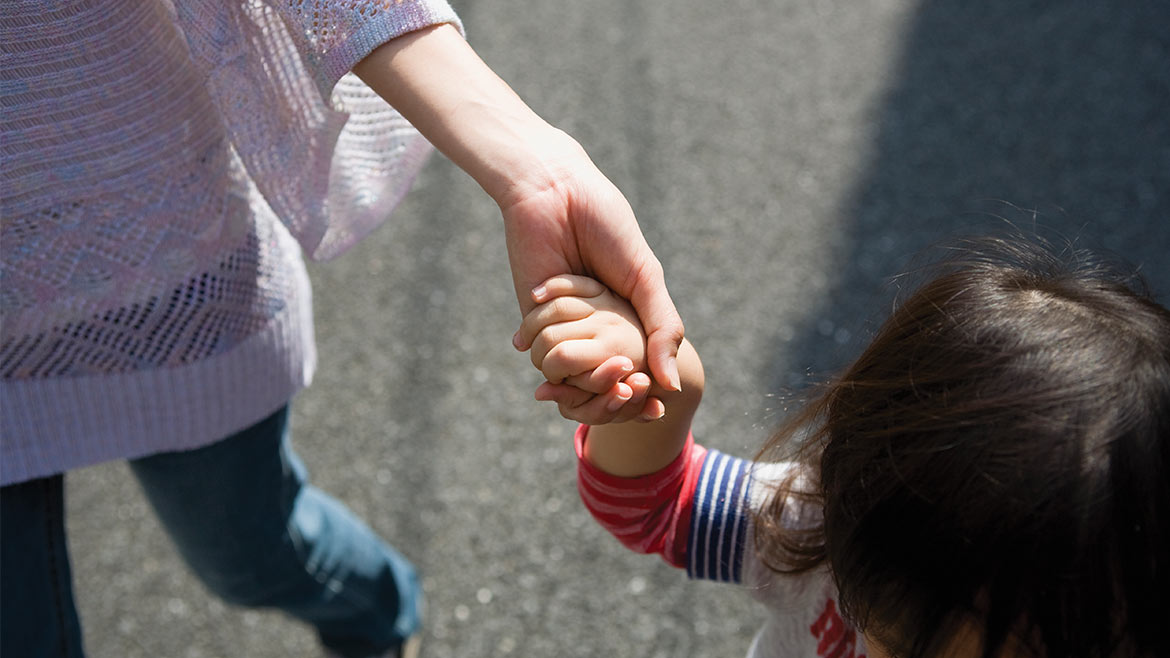Primrose Hill: Road to Recovery

The primrose is a Missouri native wildflower. It’s also the first rose of summer. Winter, obviously, isn’t kind to the primrose, but it gets through the bleak season to bloom in the spring.
Like the primrose in the winter, people who experience drug and alcohol addiction go through times that seem bleak and hopeless. However, when that time passes, they can flourish. That’s what Primrose Hill focuses on: a new season of hope for women recovering from addiction.
Primrose Hill is a 12-month, faith-based addiction recovery program for women over the age of 18. Located in Clark, Missouri, it is one of hundreds of Teen Challenge recovery centers located across the nation and one of thousands worldwide. What makes Primrose Hill unique is that it provides women the opportunity to start the road to recovery but not be separated from their children — it has a full-time daycare at the facility for children ages 4 and under.
Primrose Hill focuses on the faith-based aspect of recovery; it’s specifically rooted in biblical study. Primrose Hill has an 80 percent success rate from the women and mothers who graduate from the 12-month program, something the staff attributes to the intentional structure of their process.
“Studies show that two major components that make for the most successful drug rehabs are being long-term and being faith-based,” says the Rev. Jim Lowans, executive director of Primrose Hill. “The longer the program is, the better opportunity they have for success.”
Right on Schedule
Teen Challenge was founded in 1958 in New York City. Pastor David Wilkerson, from Pennsylvania, had moved there to preach to young, male gang members; eventually, Wilkerson gained the boys’ trust, and they started to listen to him. They wanted out of the gangs and wanted to stop abusing drugs and alcohol.
Pastor Wilkerson bought a house in Brooklyn so he could house the boys and keep them safe and away from the gang violence and drug abuse. This house became the first Teen Challenge center in 1962.
It has since expanded, and now Teen Challenge has hundreds of centers for teen boys and girls, as well as adult programs for both men and women, nationwide. Some Teen Challenge centers, like Primrose Hill, also allow both women and their children.
While going through the Primrose Hill program, students stay occupied with a rigorous daily schedule. “They’re learning how to live life without using substances,” Program Director Susie Baier says. “Having a structure is really important because most of them didn’t have a routine before.”
The women wake up at 6 a.m. every morning. They get ready for the day and have breakfast until chapel begins at 8. At that point, they drop their children off at the day care, just like they were going to work.
At 9 a.m., they begin class. Their classes include Teen Challenge curriculum, which is all geared towards addiction recovery, but women can also take other classes, including some to earn a GED. Some work is completed individually and some as a group. After class, they eat lunch with their children.
At 1 p.m., the women head to work therapy, where they work on Primrose Hill’s line of beauty products called PRIM goods. They make and sell bar soap, liquid soap, sugar scrub, lotion, and lip balm.
“The reason that we do work therapy is to teach them work ethic and job skills,” Baier says. “When they graduate [the program], they can put on job applications that they worked 20 hours a week.”
After making the products, the women learn retail skills selling products to customers. They go to craft shows and church events, and they’ve established their product online as well.
The evening schedule varies. Everyone goes to church three times a week, which includes the Wednesday and Sunday night services. On Thursday nights, Primrose Hill brings in guest speakers talk about various topics like finances and parenting. Friday and Saturday nights are free — the women can choose what they want to do, like spend time with their children or watch movies.
PRIM Goods
PRIM Goods helps pay for the women to stay with their children at the Primrose Hill facility. Primrose Hill does not require the women who can’t afford rent to pay, and selling these beauty and personal care products helps offset the monthly expense.
“At Teen Challenge, we rely on donations,” Lowans says. “We don’t receive any regular funding for having the ladies in our program.”
The women at Primrose Hill work on their line of personal care products every day. They learned the craft when some women from Columbia came to the facility to share recipes with the program.
PRIM Goods’ trademark is the ladies’ signature that shows up on each product they make — when you buy their product online or at an event, you’re interacting, at least indirectly, with the woman who made it.
“What we’re doing is a very unique thing that I am very proud of,” Lowans says. “It really adds value back into the lives of the women.”
Primrose Hill
Function: Provides care and support for women struggling with alcohol and drug addiction in a 12-month, residential recovery center
Founded in: 2014
Board Members:
The Rev. Jim Lowans
Susie Baier
Rick Rowden
Cost of Support:
$2,000 per month for each woman
$100 per month for each child
Success Rate: 80 percent
Occupancy: 10 women and their children


